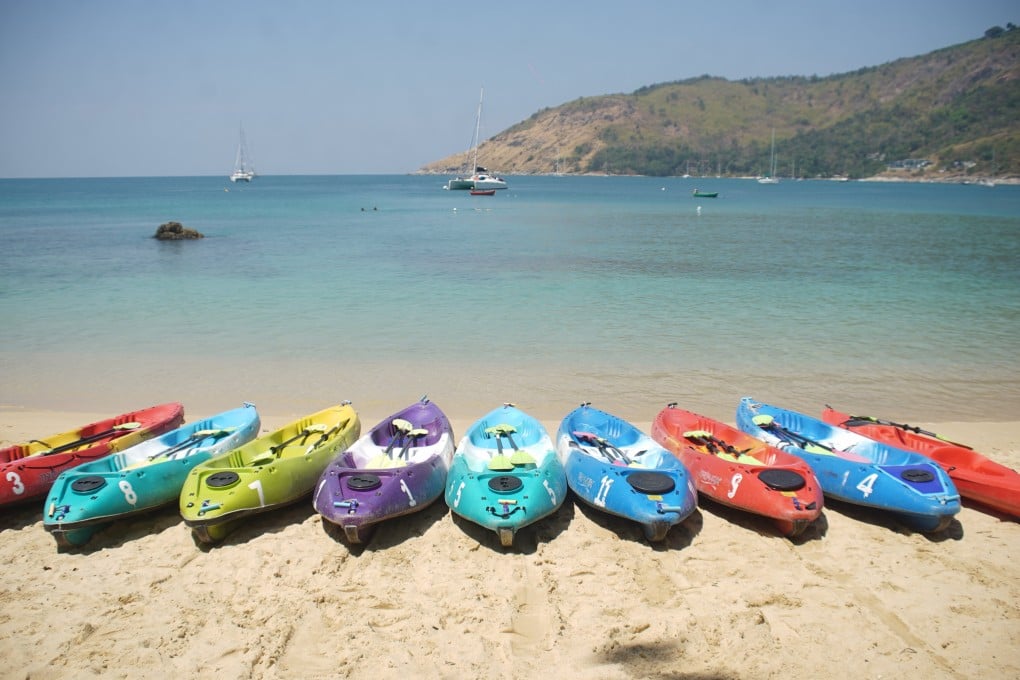Advertisement
Coronavirus: Thailand to allow vaccinated tourists to enter Phuket without quarantine
- Vaccinated visitors will be permitted to enter from July, after the resort island inoculates 70 per cent of its residents
- Elsewhere, India has halted exports of the AstraZeneca vaccine as cases rise, while Indonesia is barring people from going to their hometowns for the Eid al-Fitr
Reading Time:4 minutes
Why you can trust SCMP

Thai authorities agreed on Friday to allow foreigners inoculated against the coronavirus to travel to its biggest holiday island without undergoing quarantine, and announced a new order for five million more doses of AstraZeneca’s vaccine.
With arrival numbers plummeting this past year, tourism-reliant Thailand is racing to secure vaccines for its population and reopen the country to foreigners in a pilot project for vaccine passports.
“If we can inoculate 50-60 per cent of the population we can open the country safely and move the economy and tourism forward,” senior health official Kiattiphum Wongraijit said.
Its main vaccination drive is expected to start in June, with the goal of immunising half of its population by year-end.
Advertisement
It will receive an additional 5 million AstraZeneca doses, as well as 5 million more doses procured from Sinovac Biotech, the health ministry said on Friday. That would take its overall vaccine order to 73 million doses.
The Covid-19 task force on Friday gave the green light to Phuket, a major tourist destination, to receive vaccinated visitors directly from July, without subjecting them to quarantine, after the island inoculates 70 per cent of its residents.
Thailand has until now made entry requirements strict, including mandatory quarantine, which has devastated tourism, but helped limit infections to just 28,577 so far, with 92 fatalities.
Advertisement
Advertisement
Select Voice
Select Speed
1.00x
